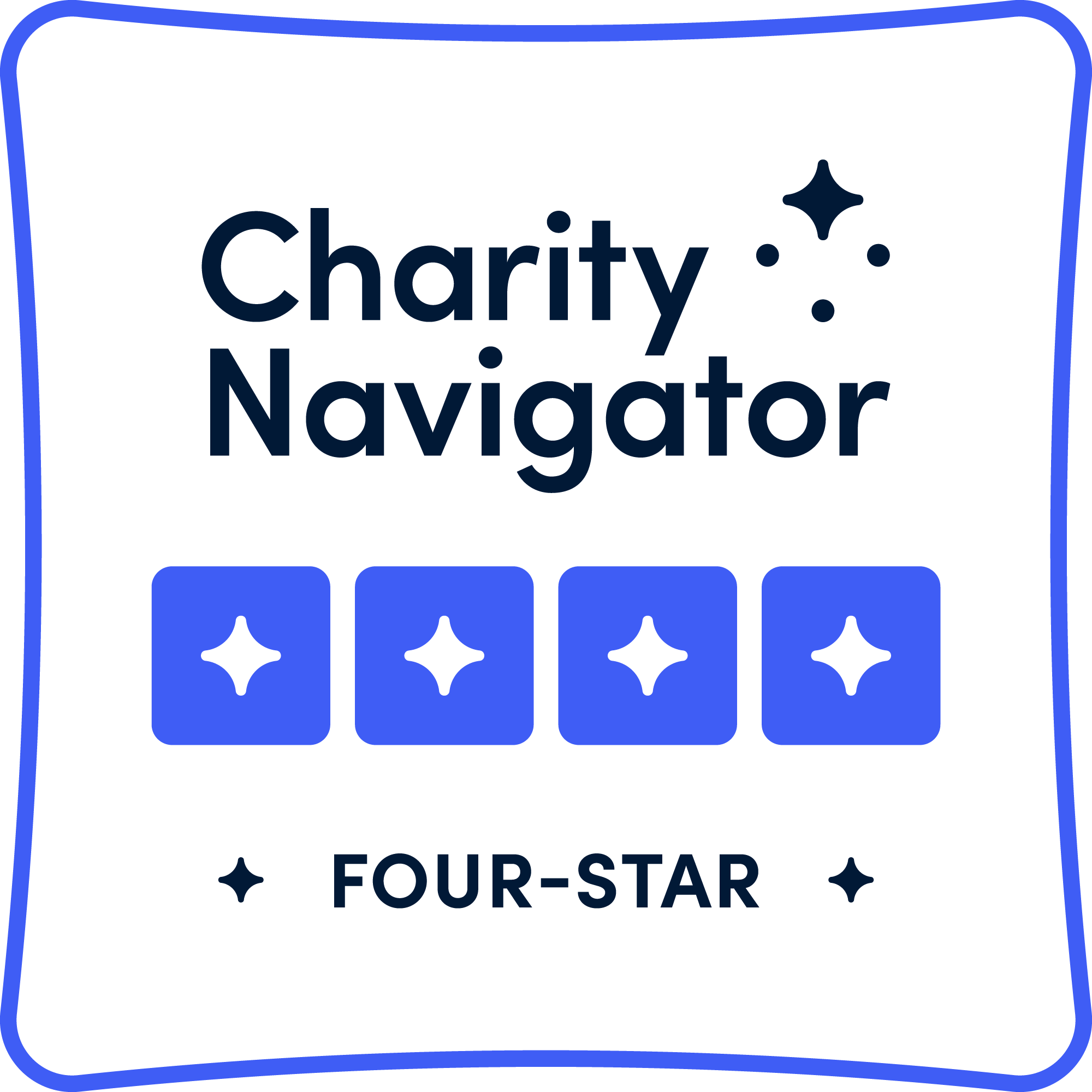2018 Rare Disease Week on Capitol Hill
Every year around Rare Disease Day (February 28th), The EveryLife Foundation hosts Rare Disease Week on Capitol Hill. The event aims to bring together the rare disease community to educate them federal legislative issues and give them the chance to share their stories with legislators. The entire week provides a unique opportunity to raise awareness of key policy issues that affect amyloidosis. Patient organizations, the NIH and other government entities, medical researchers and pharmaceutical companies developing treatments for rare diseases all take part in the event.
This year, The Amyloidosis Research Consortium (ARC) took advocates from across the country to Capitol Hill where they learned key advocacy skills and how to effectively engage with their state representatives. Advocates then took the best practices they learned to the Hill and shared their personal experiences with amyloidosis and discussed key policy issues that are currently impacting our community.
Day 1: Legislative Conference
The week kicks off with the legislative conference where attendees learn how to be effective advocates and what to expect when meeting with members of Congress. This session gives advocates, who have no prior experience in advocacy, the tools to feel confident addressing members of Congress and discussing the policy issues that are important to them.
Two bills under review highlighted, which could significantly impact rare diseases and where advocacy efforts are being focused are:
1. The Open Act (Orphan Products Extension Now, Accelerating Cures & Treatments) H.R.971 / S.1421
The bipartisan Open Act has the potential to double the number of treatments available to rare disease patients. The bill would create a six-month exclusivity extension for companies that re-purpose existing therapies for a rare disease indication. Learn more about the Open Act.
2. Support the Advancing Access to Precision Medicine Act H.R.5062
The bipartisan Precision Medicine Act promotes the use of genetic and genomic testing in healthcare. Genomic sequencing holds the potential to not only accelerate diagnoses, but also personalize treatments, and even speed development and approval of novel therapies. Learn more about the Precision Medicine Act.
Day 2: Lobby Day
The following day attendees were divided up by state and district to meet with their members of Congress from both the House and Senate. Each group had 20 minutes to share their stories about how rare diseases have affected their life and how the proposed legislation would make an impact on the rare disease community.

Day 3: Rare Disease Congressional Caucus Briefing
On Wednesday, attendees were invited to attend the Rare Disease Congressional Caucus Briefing. The Rare Disease Caucus was established in 2010 and now encompasses both the House and Senate. The Caucus helps bring Congressional awareness to the needs of the rare disease community and creates opportunities to address roadblocks in access to and development of crucial treatments. The Caucus gives a permanent voice to the rare disease community on Capitol Hill.
In the briefing policy experts and rare disease stakeholders addressed Congressional staff and the public on issues of importance to the rare disease community. Included in the speakers was ARC CEO Isabelle Lousada, who spoke about the need for modernizing clinical trial designs. She highlighted how hard it is to enroll participants in a rare disease trial, resulting in a lengthy process to get an effective drug to market. She also discussed different trial designs that should be considered such as an adaptive trial design, which allows modifications to the trial and/or statistical procedures after trial initiation without undermining the validity and integrity of the trial making trials more flexible, efficient and fast.
You can view a recording of the briefing below.
Day 4: Rare Disease Day at the National Institutes of Health (NIH)
The last day of the Rare Disease Week wrapped up at NIH where the meeting covered highlights from NIH-supported rare diseases research, an update from the FDA and panel sessions on; gene editing and gene therapy, collaboration in research and engaging young adults in the rare disease community.
The week was a reminder to all attendees that they are not alone in their disease and while the community for a single rare disease may be small, the community of rare diseases as a whole is extremely powerful and has the ability to change the course of rare diseases for the future.
If you would like to learn more about being an advocate for amyloidosis, please contact arc@arci.org.
- Categories
- Lastest Posts
- Phase 3 Clinical Trial of Birtamimab in AL Amyloidosis Fails to Meet Primary Endpoint
- FDA Approves Amvuttra™ (vutrisiran) for ATTR-CM: More Options for Patients
- FDA Approves Attruby™ (acoramidis) for the Treatment of ATTR-CM: A New Option for Patients
- ARC Launches Clinical Fellowship Program to Advance Amyloidosis Care



